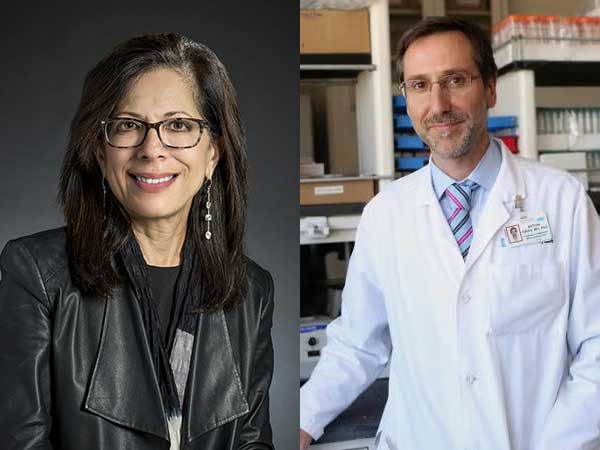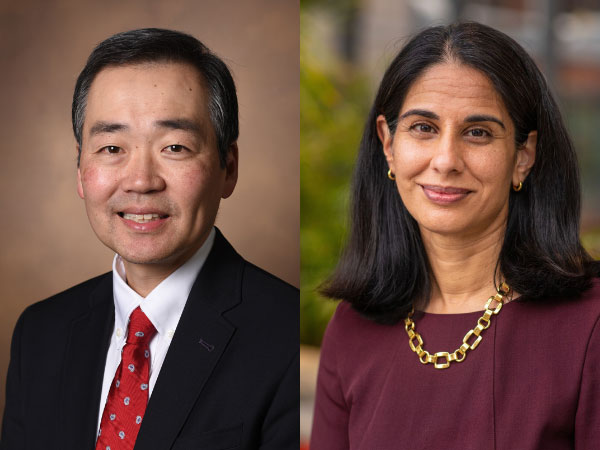

John E. Dick, fellow of the AACR Academy, has received the the Pezcoller Foundation-AACR International Award for Extraordinary Achievement in Cancer Research.
Dick is being honored for discovering and characterizing the mechanisms by which stem cells contribute to normal and leukemic hematopoiesis. He is recognized for his discovery of leukemic stem cells and for developing the first hematopoietic xenograft assay using human hematopoietic cells transplanted into immune-compromised mice, a technique capable of giving rise to distinct blood lineages.
Using this assay, Dick has developed xenograft models of human acute lymphoid leukemia, acute myeloid leukemia, and chronic myeloid leukemia that have provided crucial insights into the onset and progression of such diseases.
Dick’s findings uncovered a gene signature of leukemia stemness that can be used to predict survival rates and response to treatment. In addition, this gene signature has provided actionable targets for drug development, led to the identification of preleukemic mutations in normal hematopoietic cells, and laid the groundwork for three drugs currently being tested in clinical trials.
The Pezcoller Foundation-AACR International Award for Extraordinary Achievement in Cancer Research was established in 1997 to annually recognize a scientist who has made a major scientific discovery in basic or translational cancer research. The awardee must be active in cancer research, have a record of recent noteworthy publications, and be conducting ongoing work that holds promise for continued substantive contributions to progress in the field of cancer.
Dick is the Canada Research Chair in Stem Cell Biology, a senior scientist at the Princess Margaret Cancer Centre, and an investigator at the McEwen Stem Cell Institute at the University Health Network in Toronto.
He is a professor of molecular genetics at the University of Toronto, and co-leader of the Acute Leukemia Translational Research Initiative for the Ontario Institute for Cancer Research. Dick has also served as a senior scientist in the Department of Genetics at the Research Institute of the Hospital for Sick Children.








